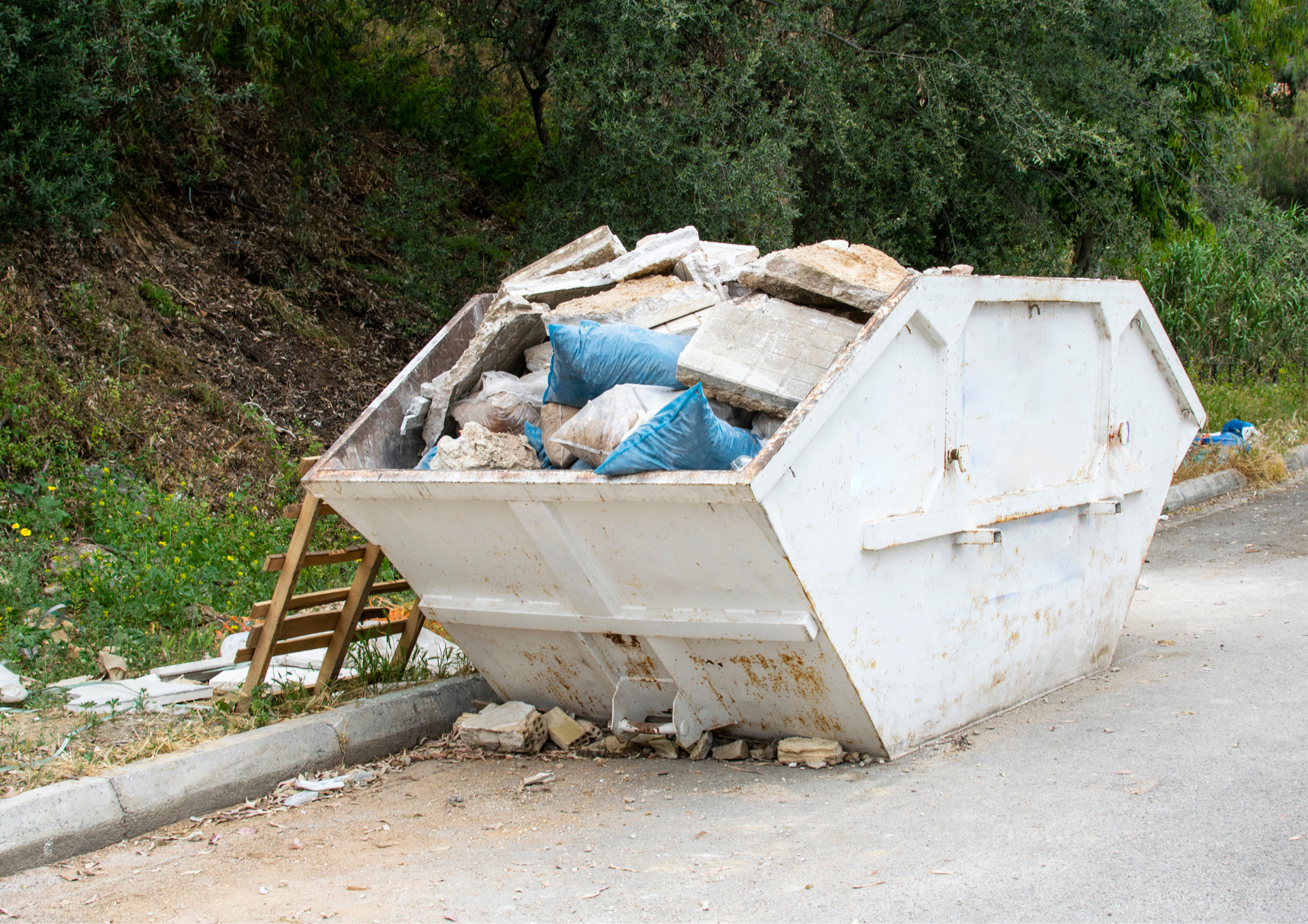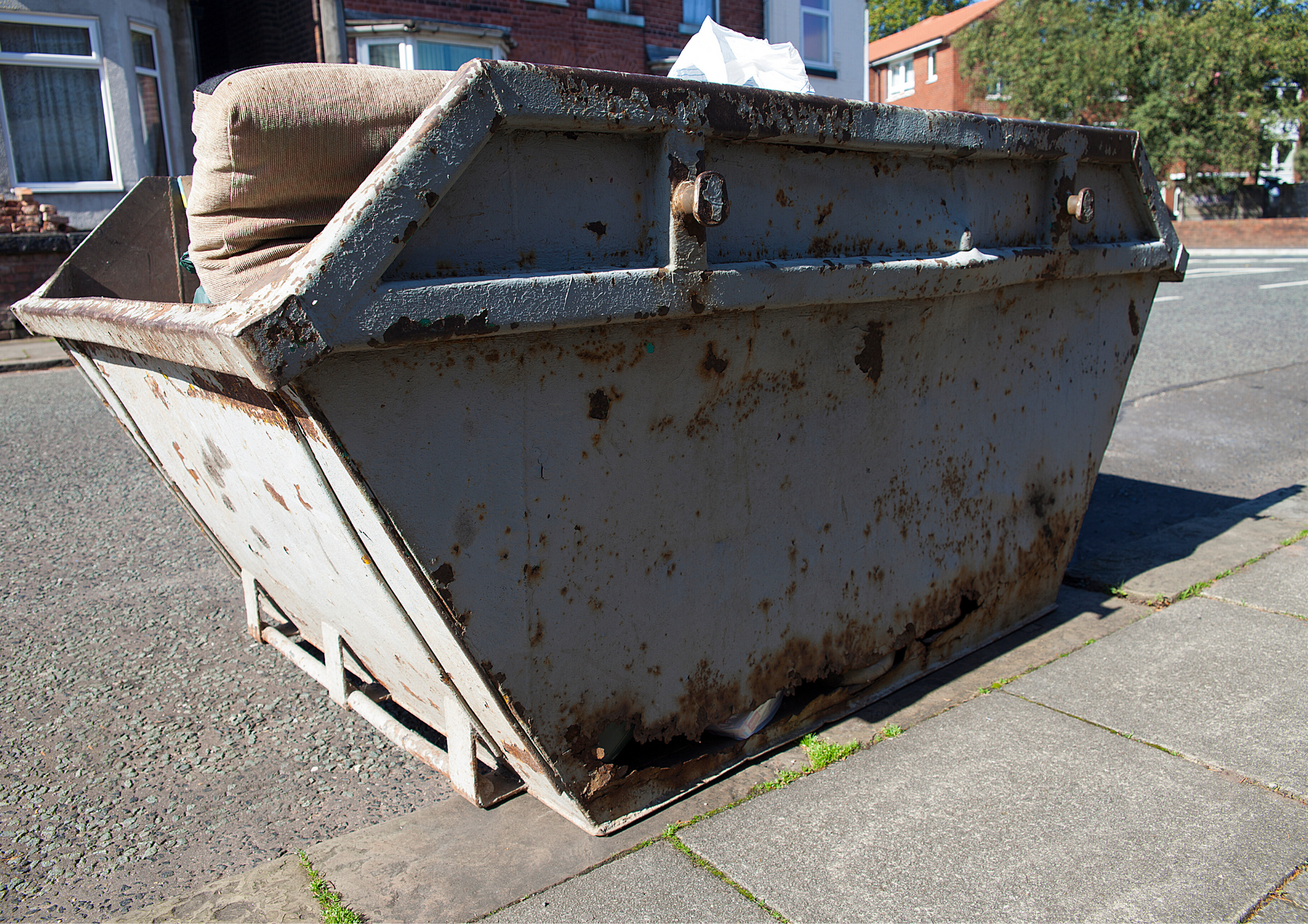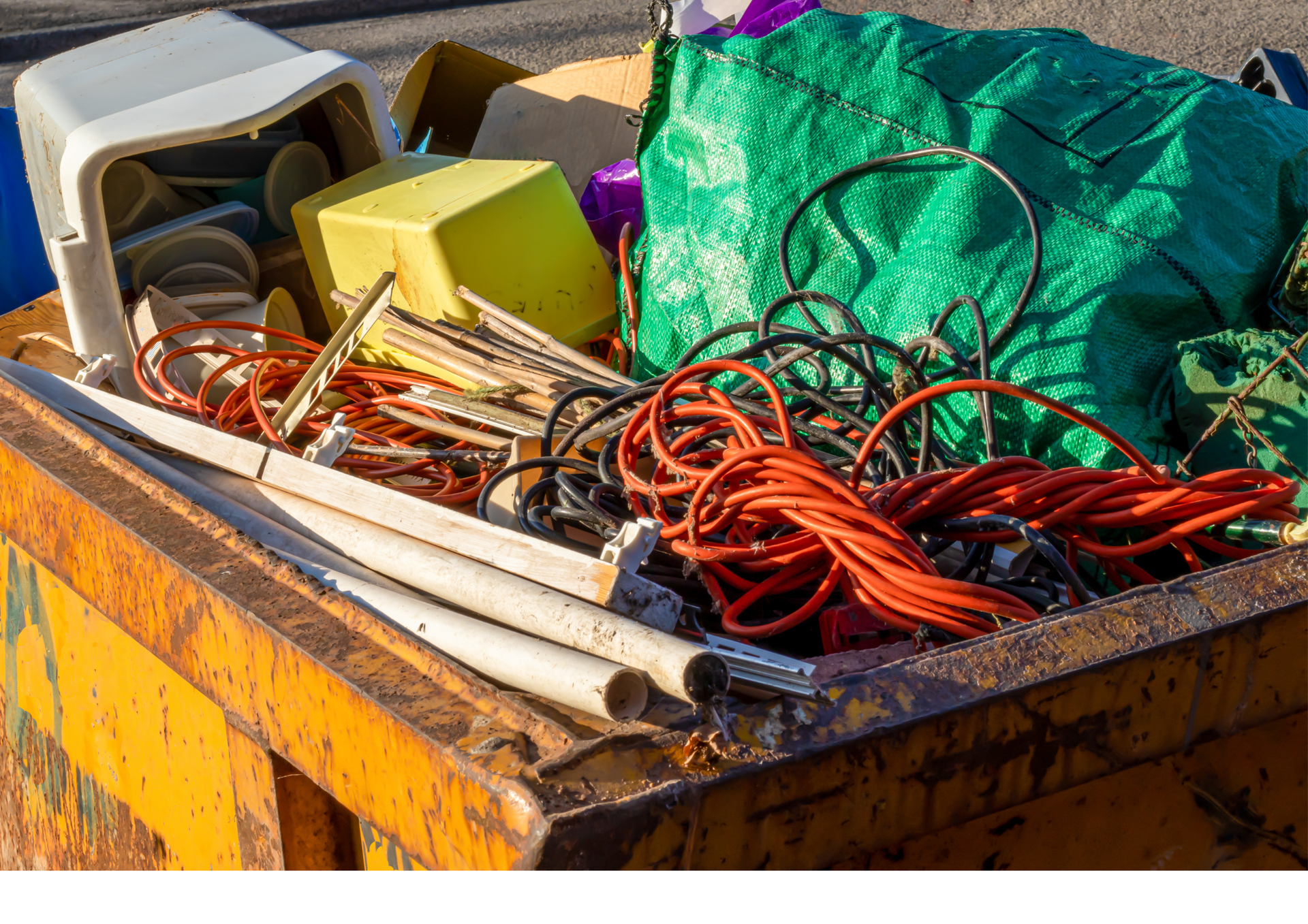5 Key Factors That Affect Skip Hire Cost (and How to Save Money)
Hiring a skip is one of the most efficient ways to handle large volumes of waste, whether you’re renovating your home, managing a construction site, or organising a large event. However, understanding what influences skip hire cost can help you make informed choices and avoid unexpected expenses.
Below, we’ll break down the five main factors that affect skip prices and share practical tips to help you get the best value for your budget.
Size of the Skip
The most obvious factor affecting the skip hire cost is the size of skip you choose. Skips come in a range of sizes — from small 2-yard mini skips for household clearances to large 40-yard roll-on roll-off skips for industrial projects.
Choosing the right size is crucial. Hiring a skip that’s too small might result in needing a second one, which increases costs. On the other hand, selecting a skip that’s too large means paying for unused capacity. A good rule of thumb is to estimate the volume of waste you expect to generate and choose the skip that comfortably accommodates it with some room to spare.
For those seeking affordable options, cheap skip bins can offer an excellent solution for smaller or medium-sized projects. These are ideal for garden clean-ups, DIY renovations, and small-scale construction work, allowing you to manage waste efficiently without overspending.
Money-saving tip: Always ask for professional advice on skip sizes before booking. Our team can guide you to the most cost-effective option based on your waste type and project scale.
Type of Waste
Not all waste is treated equally when it comes to pricing. The type of material you intend to dispose of has a major influence on your skip hire cost. Skips designed for general waste are often cheaper, while skips for heavy or hazardous materials such as soil, concrete, asbestos, or plasterboard may require specialised disposal and handling, increasing the cost.
If your project involves separating recyclable materials like wood, metal, or plastic, consider discussing that with your provider. Recycling and waste segregation not only reduce environmental impact but may also lower disposal fees since less waste goes to landfill.
Some skip companies provide tailored waste collection services to accommodate different materials, ensuring compliance with environmental regulations and helping you manage costs effectively.
Money-saving tip: Sort your waste before loading it into the skip. By minimising contamination between recyclable and non-recyclable materials, you could save significantly on overall disposal fees.
Location and Accessibility
Your location and the accessibility of the skip placement site are other critical factors that affect pricing. The closer your project site is to the skip depot, the lower the transportation and fuel costs will be. Remote areas or those with restricted access, such as narrow streets or limited parking, may incur additional charges due to logistical challenges.
If you’re in an urban setting, you may also need a permit from your local council to place the skip on a public road. These permits add to the total skip cost, so it’s worth checking local requirements in advance.
For those looking to compare skip bin hire prices, be sure to ask potential providers about delivery charges, permit fees, and any hidden costs before booking.
Money-saving tip: Whenever possible, place the skip on private property, such as your driveway, to avoid permit costs and potential delays.
Duration of Hire
The length of time you need the skip also impacts the total expense. Most providers include a standard hire period—typically between 7 to 14 days. Extending beyond that timeframe usually results in additional daily or weekly charges.
Planning your project timeline carefully can help you avoid unnecessary extensions. Try to arrange for the skip to arrive when you’re ready to start work, so it can be filled and collected promptly.
If you’re managing multiple projects or require ongoing waste collection, some providers offer flexible contracts that reduce overall costs for long-term customers. When comparing offers, look for companies that provide best price skip bins packages or loyalty discounts, as these can help you make substantial savings.
Money-saving tip: Coordinate your waste disposal schedule with your project phases to minimise the time the skip sits unused on-site.
Additional Factor: Weight Limit and Overfilling
Although not always obvious, exceeding the maximum weight limit of a skip can significantly increase your costs. Overfilled skips pose safety risks during transport and may result in penalties or the need for a second skip to remove excess waste.
Keep in mind that different skip sizes have specific weight limits—heavier materials like rubble, bricks, and soil can quickly reach these limits even if the skip isn’t physically full. Always confirm weight allowances with your provider before loading.
Money-saving tip: Distribute heavy materials evenly and avoid overloading. If you’re unsure, ask your provider for guidance to prevent extra charges and ensure compliance with transport regulations.
How to Keep Your Skip Costs Down
While several factors influence skip cost, there are practical strategies to keep your expenses manageable:
- Book early – Advance bookings can secure lower prices and better availability.
- Compare quotes – Request estimates from multiple companies but ensure you’re comparing like-for-like services.
- Avoid prohibited waste – Items such as tyres, batteries, or electrical goods may incur disposal surcharges.
- Share a skip – If possible, split the cost with a neighbour or nearby business.
- Recycle efficiently – Separate recyclables to reduce landfill waste charges.
When you plan ahead and understand the cost factors, you can easily find the most economical solution for your project. Companies offering transparent pricing and reliable service ensure you get value for money without compromising quality or compliance.
For those in need of clarity about general skip cost, always review the terms of hire and speak with your provider directly. This helps you avoid hidden fees and ensures you’re paying a fair rate for your specific requirements.
Understanding what affects
skip hire prices can save you from unexpected costs and ensure your project runs smoothly. From skip size and waste type to location and hire duration, each factor plays a role in determining your total expenses. By following expert advice and planning carefully, you can optimize your waste management strategy while staying within budget.
At
Skip Hire Preston, we pride ourselves on providing a seamless, cost-effective
skip hire experience backed by outstanding customer service. Our commitment to transparency means you’ll always know what you’re paying for—no hidden fees, no surprises.
We offer a wide range of skip sizes for every type of project, from small domestic clear-outs to large commercial works. Our experienced team can guide you through the selection process, ensuring you choose the right skip for your budget and waste type.
New update on X: 5 key factors that affect
skip hire cost (and how to save money)!




